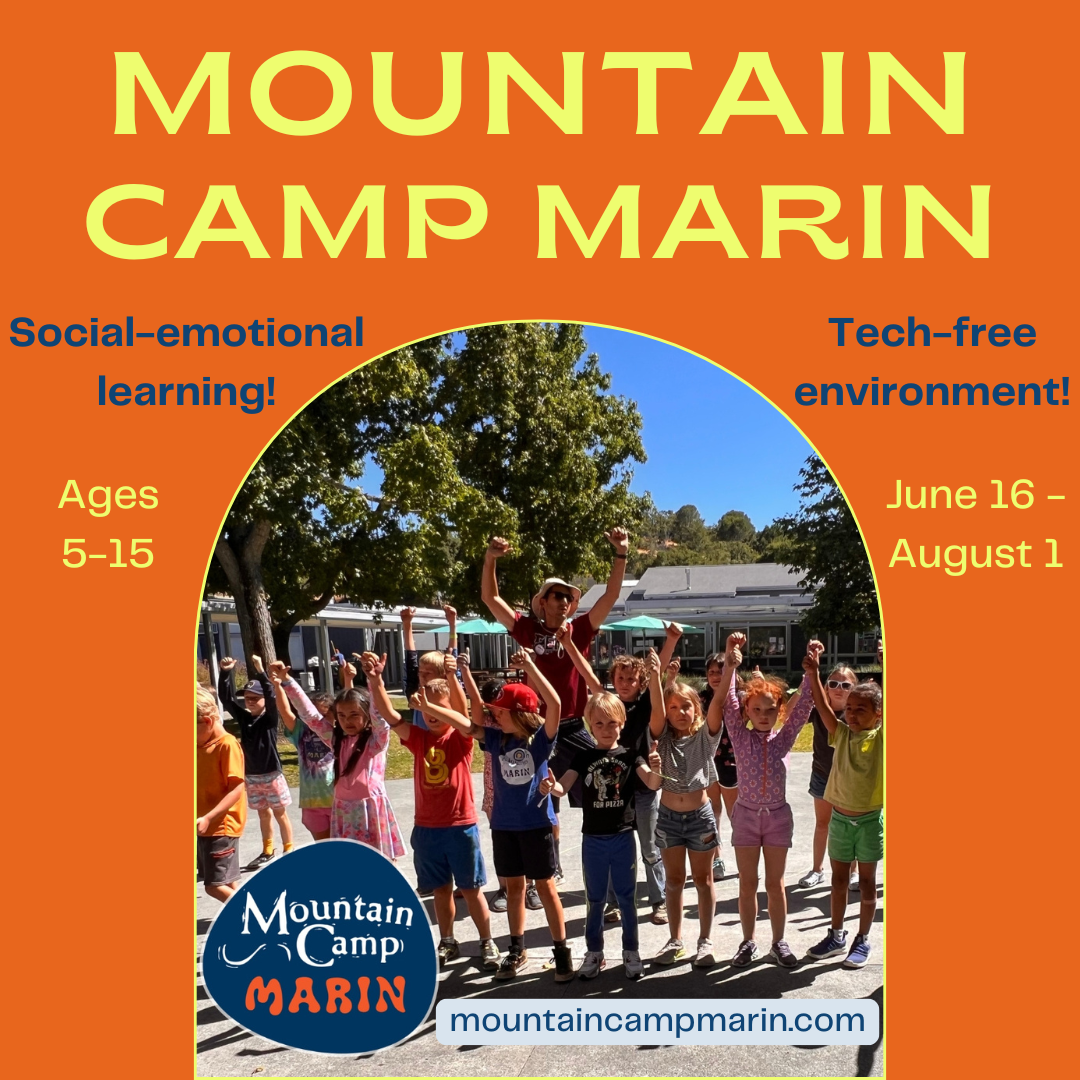5 Reasons Why Your Kids Should Start Coding ASAP - With Studies!
/Ronnie's Awesome List presents a guest article by Vivian Shen, Founder, of Juni Learning.
Kids need to learn computer science. It’s the language of the future. Kids who code as early as possible are exposing themselves to an important skill in our fast-paced world. Not only that, but it’s a great time to introduce concepts, build passion and challenge them in different ways.
Here are five reasons why kids should start learning how to code:
1. Building strong technical instincts is easier at a younger age
It’s easier for young student to pick up a new language than it is for older folks. That’s because there's a different kind of memory that kids and adults use. Kids use procedural memories which is so deeply embedded in a person’s psyche that recalling them is a natural reflex. Adults use declarative memories which are just facts that has been memorized over time. Evidence points to other acquired skills, like programming, showing similar patterns to language acquisition. For example, concert violinists generally start playing as young as 3 or 4 because early acquisition is one of the keys to lifelong mastery (WIRED).
“The question … is not whether it is right or wrong, but if it is fixable. If this way of looking at intellectual products were generalised to how the larger culture thinks about knowledge and its acquisition, we might all be less intimidated by our fears of being wrong.”
Many subjects that kids learn at a young age, like math, can be daunting because it’s either right or wrong. Kids who are not immediately “good at math” can get intimidated and get into the mindset that they were not born mathematicians. But in programming, it’s all about testing, debugging and getting things wrong all the time! Even stellar software engineers don’t get things right on the first try and programming creates a safe environment for kids to mess up and try again. The entire nature of programming is checking things piece by piece, iterating and improving until we get the program working the way we want it to.
Studies show that girls are ten times more likely to major in computer science if they are introduced to it early on. However, enrollment in AP computer science is still only 27% female. In 2016, there were no girls taking the test in the entire states of Mississippi and Montana. Furthermore, while 66% of girls ages 6–12 are interested or enrolled in computing programs, this drops to just 4% in high school (CollegeBoard, Girls Who Code).
Showing girls a wide range of strong female role models, from career software engineers to women who are simply tech-savvy in their other career paths, can encourage them to tackle technical careers and problems early on. Even parents who don’t have daughters can support a stronger STEM pipeline by encouraging friends and family to be STEM supporters for girls.
4. Expanding their interests and abilities in other subjects
Learning how to code is not about memorizing commands and spitting them back out. It’s about practicing different ways of problem solving which has applications in other subjects. Computational thinking, or the problem-solving method that students learn when coding, has four fundamental principles (Google, Computational Thinking for Educators Course):
Decomposition: Breaking down data, processes, or problems into smaller, manageable parts.
Pattern Recognition: Observing patterns, trends, and regularities in data.
Abstraction: Identifying the general principles that generate these patterns.
Algorithm Design: Developing the step by step instructions for solving problems.
Each of these steps can be reused in other fields, and can contribute to students building mastery in different subjects. For example, pattern recognition is just as an important concept when analyzing symbols in Shakespeare or Steinbeck as it is in computing.
Computing has also directly revolutionized other disciplines. For example, Stanford Computer science professor Ron Fedkiw won an Academy Award for his groundbreaking work in cinema using computer graphics and animation. This includes creating incredibly realistic CGI tentacles for the character Davy Jones in Pirates of the Caribbean: Dead Man’s Chest.
“To ignore programming is akin to relying on others to drive us around instead of learning to drive ourselves. The majority of our interactions in 50 years won’t be with monolingual humans from Asia; they’ll be with machines. So let’s teach our kids to tell them what to do, rather than the other way around.”
There will be 1 million more computer science-related jobs than graduating students qualified to fill them by 2020 (WIRED). Computer science is becoming a fundamental piece of many cross-disciplinary careers, including medicine, art, engineering, business, and law. Many of the most innovative, interesting new companies are tackling traditional careers with new solutions in coding.
Startups like Rocket Lawyer and LegalZoom have made legal work affordable and fast through automation and connecting lawyers and individuals virtually. Similarly, software products have revolutionized the travel industry (Kayak, Airbnb, Uber) local services (BuildZoom, Yelp, Houzz) and many other industries. Computing is becoming a cornerstone of products and services around the world, and getting a head start will give your kid an added advantage.
It’s never to early (or late) to start. Juni Learning is an online school for accelerated learning and enrichment focusing on computer science for kids ages 8-18. Developed by Stanford graduates and Google alumni, their program pairs each student with a teacher for one-on-one or small group-based video instruction. SCHEDULE A FREE TRIAL TODAY!






















